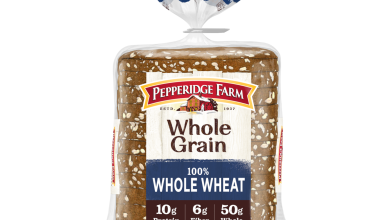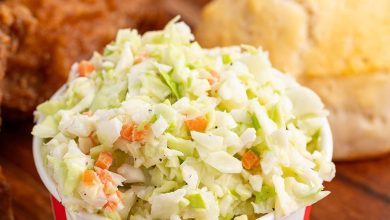Unlock the Flavor: Nutritional Power of Cumin Seeds in Your Recipes
Cumin Seed: An In-Depth Look at Nutritional Benefits and Culinary Uses
Cumin seed, a beloved spice known for its distinctive warm, earthy flavor, plays a vital role in cuisines around the world, especially in Indian, Middle Eastern, and Latin American dishes. Beyond its culinary applications, cumin seed is also celebrated for its impressive nutritional profile, which contributes to its growing popularity among health-conscious individuals.
Nutritional Information
The following table provides a comprehensive breakdown of the nutritional content found in cumin seed, showcasing its remarkable health benefits:
| Nutrient | Amount per 100g |
|---|---|
| Energy | 375.0 kcal |
| Protein | 17.81 g |
| Total Fat | 22.27 g |
| Saturated Fats | 1.535 g |
| Carbohydrates | 44.24 g |
| Dietary Fiber | 10.5 g |
| Sugars | 2.25 g |
| Calcium | 931.0 mg |
| Iron | 66.36 mg |
| Magnesium | 366.0 mg |
| Phosphorus | 499.0 mg |
| Potassium | 1788.0 mg |
| Sodium | 168.0 mg |
| Zinc | 4.8 mg |
| Copper | 0.867 mcg |
| Manganese | 3.333 mg |
| Selenium | 5.2 mcg |
| Vitamin C | 7.7 mg |
| Thiamin | 0.628 mg |
| Riboflavin | 0.327 mg |
| Niacin | 4.579 mg |
| Vitamin B6 | 0.435 mg |
| Folate | 10.0 mcg |
| Vitamin B12 | 0.0 mcg |
| Vitamin A | 64.0 mcg |
| Vitamin E | 3.33 mg |
| Vitamin D2 | 0.0 mcg |
Allergen Information
Cumin seeds are generally safe for most individuals; however, as with any food item, those with specific allergies should approach their consumption with caution. Cumin is a spice that belongs to the Apiaceae family, which includes other spices like coriander and fennel. While rare, some individuals may experience allergic reactions. It is advisable for those with known allergies to consult with a healthcare professional before adding cumin to their diet.
Dietary Preferences
Cumin seeds are naturally gluten-free, making them suitable for individuals with gluten sensitivities or celiac disease. They are also suitable for vegetarian and vegan diets, providing a plant-based source of protein and essential nutrients. Additionally, the high fiber content makes cumin beneficial for those seeking to increase their fiber intake for digestive health. Its versatility in flavor enhances a wide range of dishes, appealing to various culinary preferences.
Culinary Uses and Advice
Cumin seeds can be used whole or ground, depending on the desired flavor intensity. When using whole seeds, toasting them lightly in a dry skillet before adding them to dishes can unlock their aromatic oils, enhancing their flavor. Ground cumin is often utilized in spice blends, curry powders, and marinades, making it an essential ingredient in many recipes.
Incorporating cumin into your meals not only adds depth and warmth but also contributes to a variety of health benefits, including improved digestion, enhanced immunity, and anti-inflammatory properties. Whether you sprinkle it over roasted vegetables, stir it into soups, or blend it into sauces, cumin seed is a versatile spice that can elevate your culinary creations while supporting a healthy lifestyle.
Conclusion
Cumin seed, with its rich nutritional profile and myriad health benefits, is more than just a flavorful spice; it is a staple ingredient that enhances the taste of countless dishes while contributing essential nutrients to your diet. Embrace the warm and earthy notes of cumin in your cooking and discover the delightful flavors it can bring to your meals. With its accessibility and versatility, cumin seeds deserve a prominent place in every kitchen, making them an invaluable addition to any culinary repertoire.








